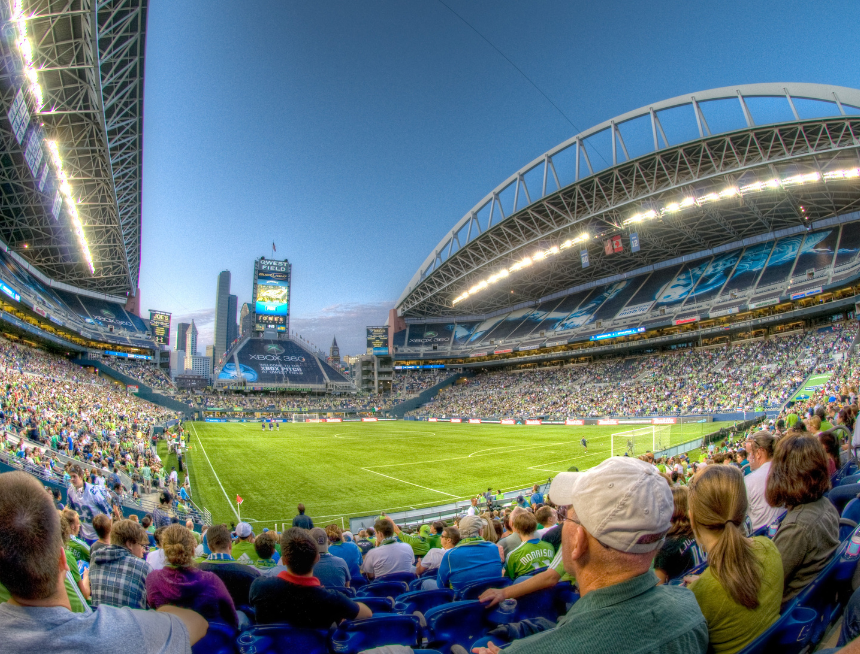For the first time in its history, Seattle will host the 2026 FIFA Men’s World Cup. In preparation, the Seattle City Council passed legislation today outlining how hosting duties will work.
Billed as the “biggest tournament of all time,” 16 cities across 3 countries have been selected to host the games. The massive, month-long celebration will take place in June and July 2026. An estimated 4 billion people will be watching, a TV audience six times larger than the Super Bowl.
Seattle was named as one of the host cities on June 16, 2022.
How many games will be played in Seattle?
While the exact schedule has not been released yet, Seattle is expected to host four to six matches at Lumen Field. During the games, between 400,000 and 750,000 people are expected to visit the city.
What this legislation will do
Seattle applied to host the games back in 2018. As is standard, the city will host the games but an external partner will handle the fundraising and put on World Cup-related events. This legislation authorizes the City of Seattle to partner with the Seattle International Soccer Local Organizing Committee (LOC) to preform those duties.
The Seattle City Council’s Governance, Native Communities, and Tribal Governance Committee was briefed on the plan on August 3. The legislation was sponsored by Council President Debora Juarez.
Under the agreement, the LOC would:
- Provide regular updates to the city, FIFA, United States Soccer Federation, and the Host Committee;
- Secure funding for the event;
- Be responsible for costs associated with hosting the event, including reimbursing the city for the cost of services;
- Coordinate private and public stakeholders;
- Hire personnel;
- Oversee marketing and promotion for the event; and
- File for all necessary permits and applications.
Meanwhile, the City of Seattle would:
- Provide public services, such and police and firefighters, the cost of which would be reimbursed by the LOC;
- Reasonably help to coordinate services with other cities;
- Provide temporary use of some public properties, such as parks and streets; and
- Provide coordination and support for transportation and infrastructure issues.
The agreement also indemnifies the City against any claims relating to the LOC’s activities.


